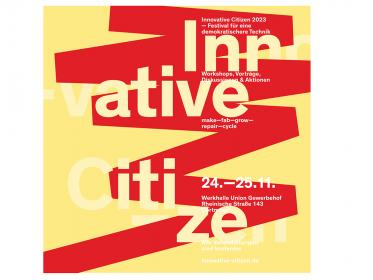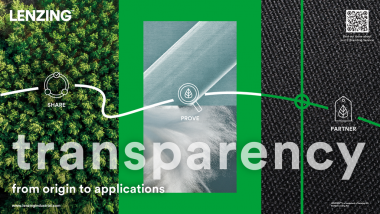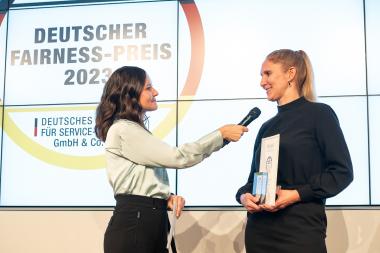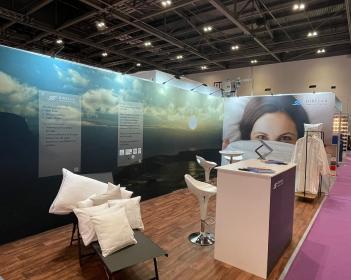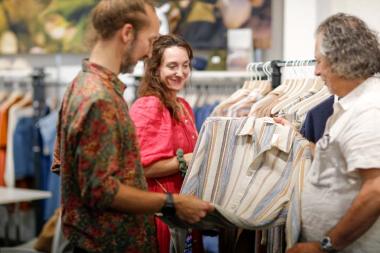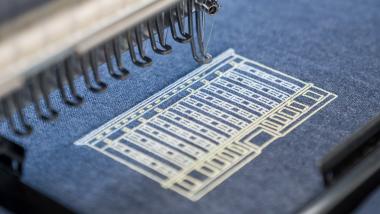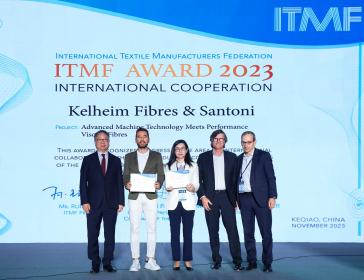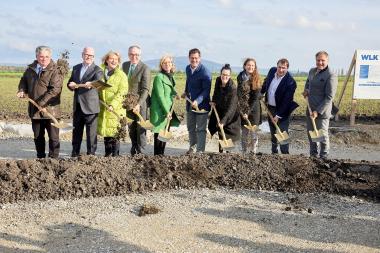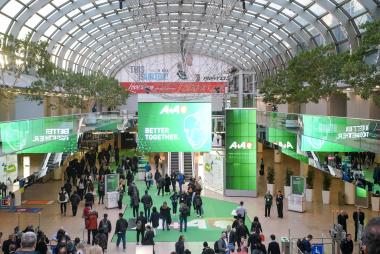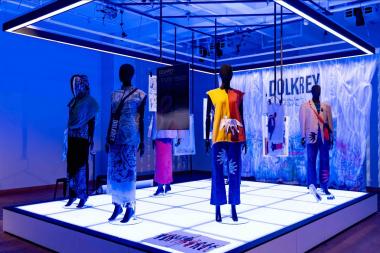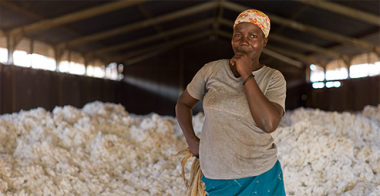Evlox, Recover and Jeanologia launch recycled denim collection
On 23-24 November, Recover™, Evlox and Jeanologia will showcase their new recycled denim capsule collection, REICONICS, at Denim Première Vision in Milan.
The collection is the result of a collaborative project between the three companies, combining expertise from each specialist business to improve circularity in the denim industry, from fiber to finish.
It aims to inspire and bring value to the industry by creating truly circular products through a process that implements eco-design, transparency, process measurement, traceability, and scalability.
Made from Recover™ recycled cotton fiber and Spanish cotton, the REICONICS collection is GRS certified and is a tribute to the classic denim fabrics that have been successful in past decades.
It includes a range of premium denim fabrics developed by Evlox, and a total of 14 final garments that will be exhibited at Premiere Vision Denim. Each piece in the collection displays a variety of finishes generated using technology by Jeanologia, reducing water and energy consumption, and eliminating damaging emissions and discharge.
Just one jacket in the REICONICS collection, using 32% Recover™ recycled fiber and Jeanologia finishing technology, saves up to 240 liters of water; compared to a jacket made with virgin cotton and treated with traditional finishing technique.
Jeanologia / Sapristi Décom






